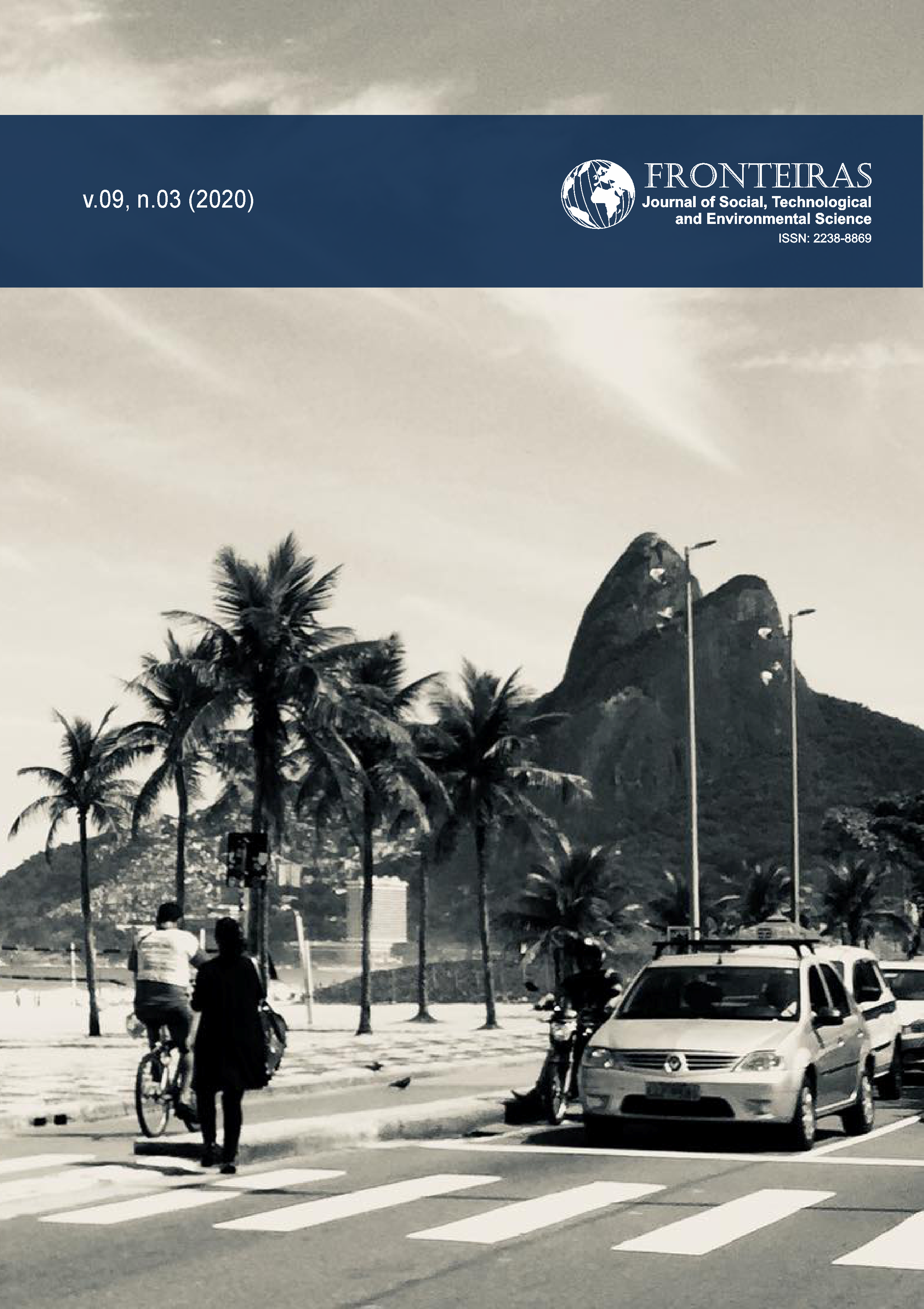Triangulation Resource as a Data Validation Tool in Qualitative Educational Research
DOI:
https://doi.org/10.21664/2238-8869.2020v9i3.p441-456Keywords:
Triangulation, Reliability, Variables, Research MethodAbstract
This study aims to reflect on the production of scientific knowledge and its bases, in order to highlight the methodological conceptions that guide studies and research in education, with special attention to the use of data triangulation and methods, as being fundamental for the development. Of the objects of study, reflecting on the processes of organization, execution and analysis of academic investigations. In this regard, the issues involving both the research universe and the universe of education and training of new researchers face challenges in understanding the role and space of each tool, requiring a firmness of elucidation to ensure the progression of knowledge and quality. Of the results. In this regard, triangulation is presented as a field capable of helping researchers to have fertile soil in their analysis. It brings the concepts of method, research and science, supported by a bibliographical research with theories of Max Weber (1997), Santos Filho & Gamboa (2009), Sobral & Bretas (2016), Descartes (2007), Locke (2016), Santos (2010), Coutinho (2011), Creswell (2007), Macedo, Galef, & Pimentel (2009), and the end Santos (2019). In this process, the differentiation and clarity regarding the use of triangulation before the method and methodology are imperative for the researchers' daily life, especially in the field of education, due to its specificity in relation to objects of a social, cultural and human nature. Finally, such reflections are necessary to the complex and multiple thinking of research, helping to consolidate the profile of researchers capable of developing an ideal, valid and concrete method, supporting the development of studies and generating benefits for society.
References
Creswell, John W. 2007. Projeto de Pesquisa: Métodos Qualitativo, Quantitativo e Misto. 2nd ed. Porto Alegre: Artmed.
Descartes, René. 2007. O Discurso Do Método. São Paulo: Martins fontes.
Locke, John. 2016. Ensaio Acerca Do Entendimento Humano. São Paulo: Martins Fontes.
Macedo, Roberto Sidnei, Dante Galeffi, and Álamo Pimentel. 2009. Um Rigor Outro Sobre a Qualidade Na Pesquisa Qualitativa: Educação e Ciências Humanas. Salvador: EDUFBA. https://doi.org/10.7476/9788523209278.
Minayo, Maria Cecília de Souza. 2015. O Desafio Do Conhecimento Na Pesquisa Qualitativa. 15th ed. São Paulo: Hucitec.
Santos, Boaventura de Sousa. 2010. Um Discurso Sobre as Ciências. 16th ed. Porto: Edições Afrontamento.
Santos Filho, José Camilo dos, and Silvio Sánchez Gamboa. 2009. Pesquisa Educacional: Quantidade-Qualidade. 7th ed. São Paulo: Cortez.
Santos, Jacques Fernandes. 2019. Gestão & Sociedade: Reflexões Sobre a Comunicação, Educação e Políticas Públicas Em Construção. Paulo Afonso: Oxente.
Sobral, Maria Neide, and Silvana Aparecida Bretas. 2016. Pesquisa Em Educação: Interfaces, Experiências e Orientações. Maceió: EDUFAL.
Weber, Max. 1997. A Objetividade Do Conhecimento Nas Ciências Sociais. 6th ed. São Paulo: Martins Fontes.
Downloads
Published
How to Cite
Issue
Section
License
This journal offers immediate free access to its content, following the principle that providing free scientific knowledge to the public, we provides greater global democratization of knowledge.
As of the publication in the journal the authors have copyright and publication rights of their articles without restrictions.
The Revista Fronteiras: Journal of Social, Technological and Environmental Science follows the legal precepts of the Creative Commons - Attribution-NonCommercial-ShareAlike 4.0 International. 


